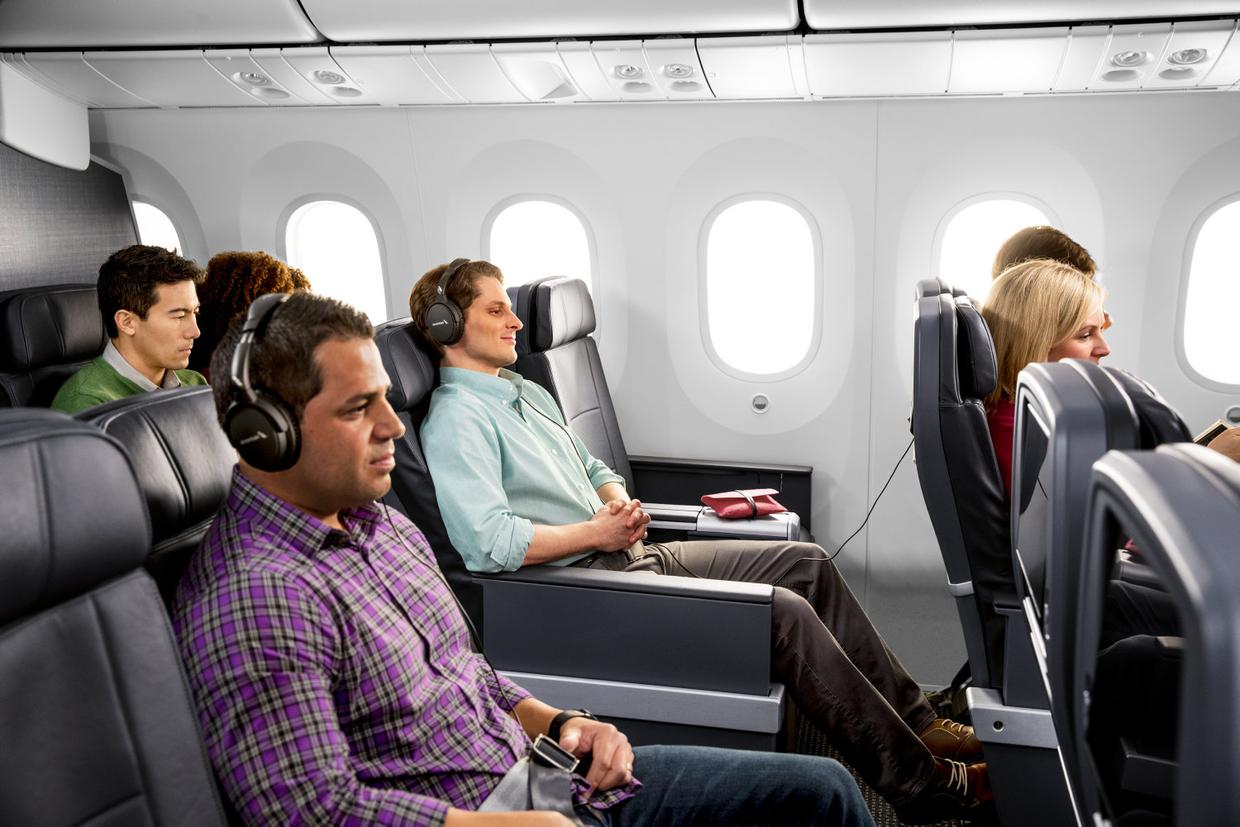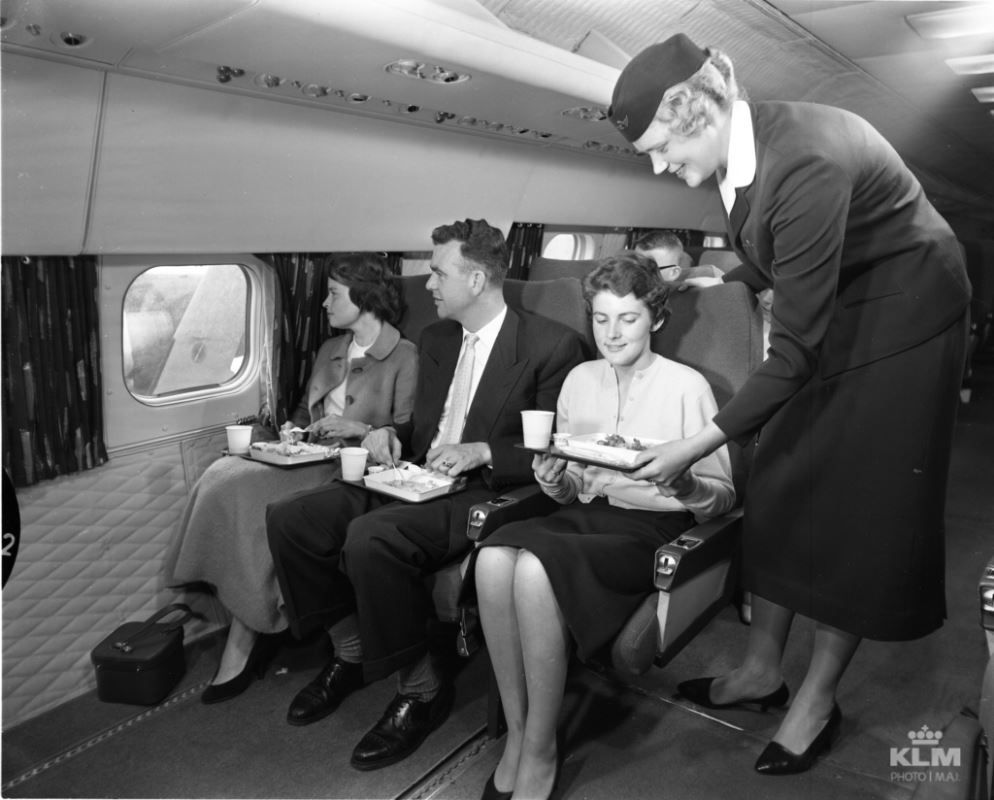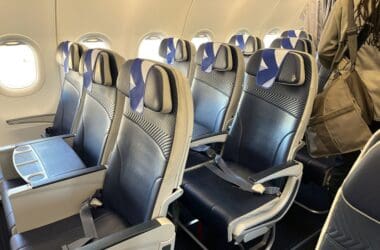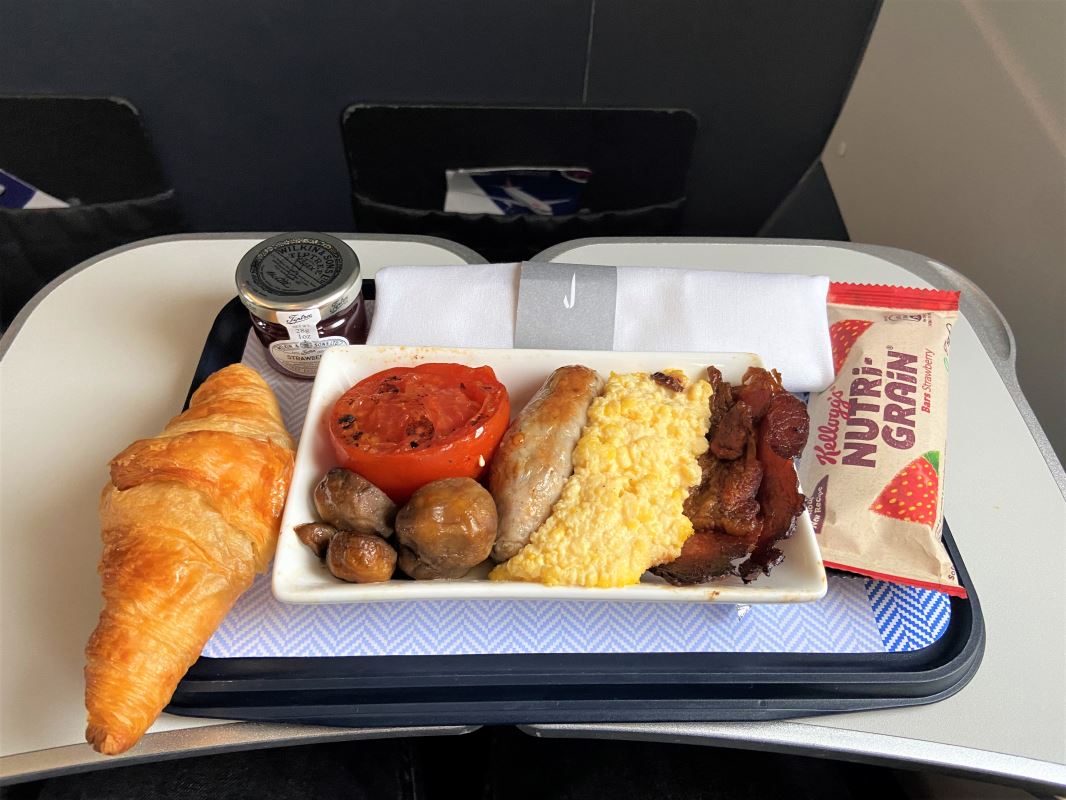The arcane world of airline seating includes the ability for the carrier to block seats. This means certain seats are unable to be selected when you’re choosing where to seat. Why would they do this though?
Aer Lingus routinely block 2A and 2B on their A320s, for allocation at check-in. Presumably this is to accommodate people who may require extra assistance during flight. British Airways will generally hold the front rows for their highest frequent flyers to select first, and other airlines do similar things.
Who Will Block Seats Beside Elite Members?
Happiness on a flight is having the seat beside you free. Nothing makes me more relaxed than settling into my window seat, hearing “Boarding Complete” and there is nobody sitting there. Some airlines actually block seats beside elite frequent flyers as a courtesy.
It works quite simply. You are a high level frequent flyer and select your seat. The computer system knows this and blocks the seat beside you, meaning others will be unable to select it. By flight time, it should still be free.
British Airways do this for their frequent flyers, which is a nice unwritten perk. I know American Airlines used to do it, but I think they dropped it during their race to mediocrity.
Overall Thoughts
I like it when airlines block seats beside you and I think you’d be hard pressed to find someone who dislikes it. After all, extra space is extra space and a free seat next to you comes in handy for lots of things.
For example, in economy it means an extra tray table in the middle for your drinks. The seat itself can be used to place headphones, magazines, newspapers, whatever you like. It always gets used!
What are your thoughts and experiences on this? Is there some reason why an airline like American Airlines stopped doing it? I’d be curious to hear! Thank you for reading and if you have any comments or questions, please leave them below.
Like planes? See my “Does anyone remember” series.
Flight reviews your thing? Mine are all indexed here.
Follow me on Facebook, Twitter and Instagram.
Featured image by American Airlines.
Black and white image via KLM.














It would be great to find out who actually still does it? Air France used to but I just did 2 Economy flights as a Flying Blue Platinum, CDG BOD CDG and I had someone in the middle seat, only an hour so no biggie. I am doing AF CDG BUD in Economy in May for 2.5 hours. Fingers crossed. I know UA used to but in line with AA’s race to mediocrity, they no longer do it as far as I know
Yes, I’d like to know too. I only know British Airways do it. You’d be hard pressed to tell at times, because you might have someone beside you due to the flight being pretty full.
I can’t help but wonder… why is that KLM flight attendant appear so giant even bigger than that man mountain??? am I the one only? 🙂
Hahahahaha! That is a very good point! 🙂 lmao
Many airlines eliminated middle seat blocking because it created a lot of extra work at the gate as agents try to get a flight out, assigning seats to those without one because of seat blocks. This is an issue on largely full flights, where more passengers lack seat assignments as a result of blocks. And an inability to get a seat assignment at booking discourages booking.
As flight loads increased in recent years the seat blocking concept became harder. Of course the unblocking process should be automated, rather than a gate agent task, so it doesn’t risk a flight getting out on time due to the extra work and so that there’s always at least one seat available for assignment at booking.
See my discussion at https://viewfromthewing.com/one-elite-benefit-that-would-help-bring-back-airline-passengers/
Great article, Gary! I did like the line about contactless payments and how they may become a thing – that one certainly came true (and, to be fair, has been true outside the US for a number of years now!).
I think the key here is that the blocking of the seat should not be a published benefit. It’s not a published one on BA, yet they do it. Therefore, nobody has expectations of the seat being free, and therefore no disappointment when the seat beside them is not free. Where it can be blocked, it will be. This is clearly the win win.
Technology should mean that there isn’t any extra work any longer. Though I am not sure about that. Thanks for the link!